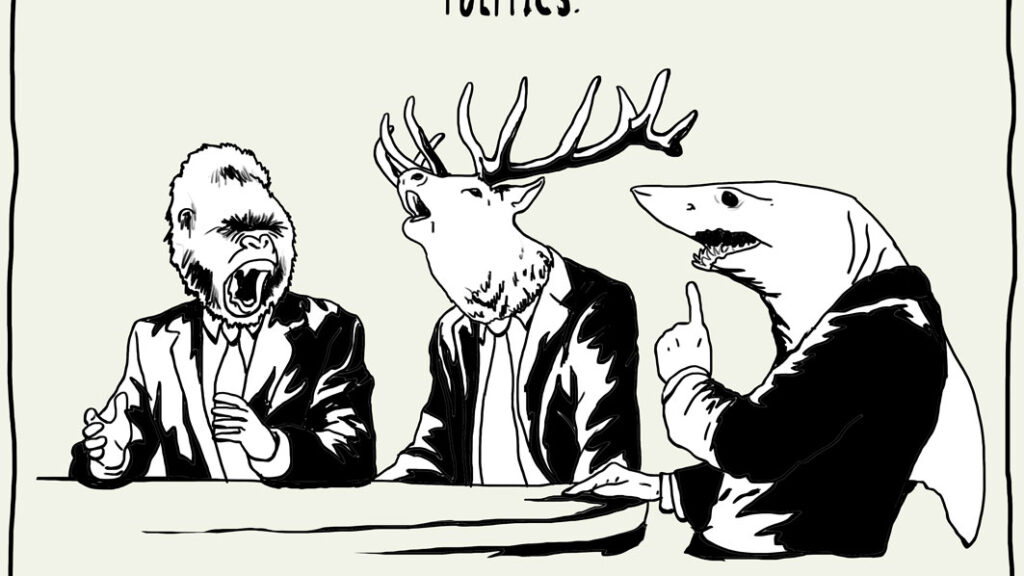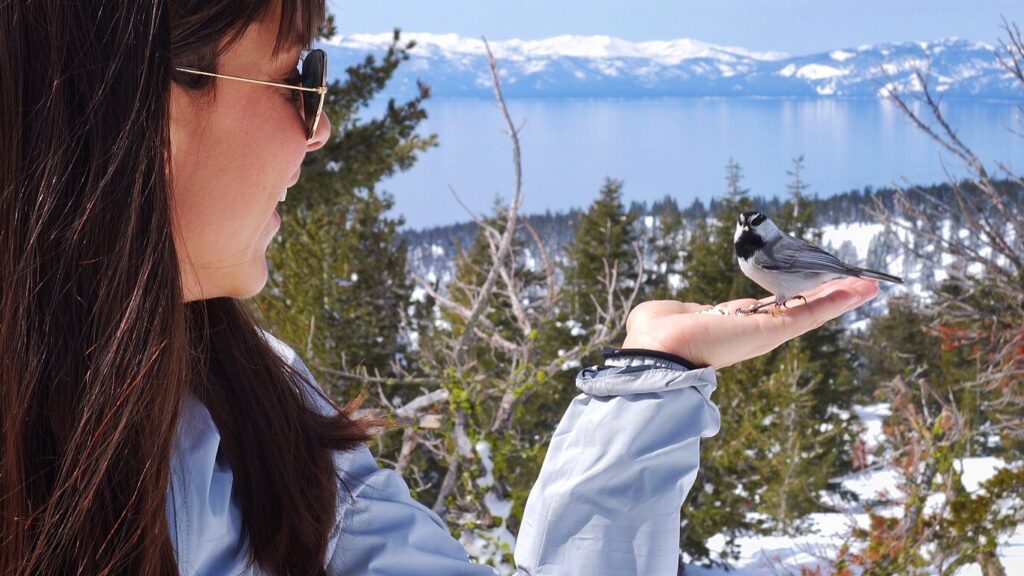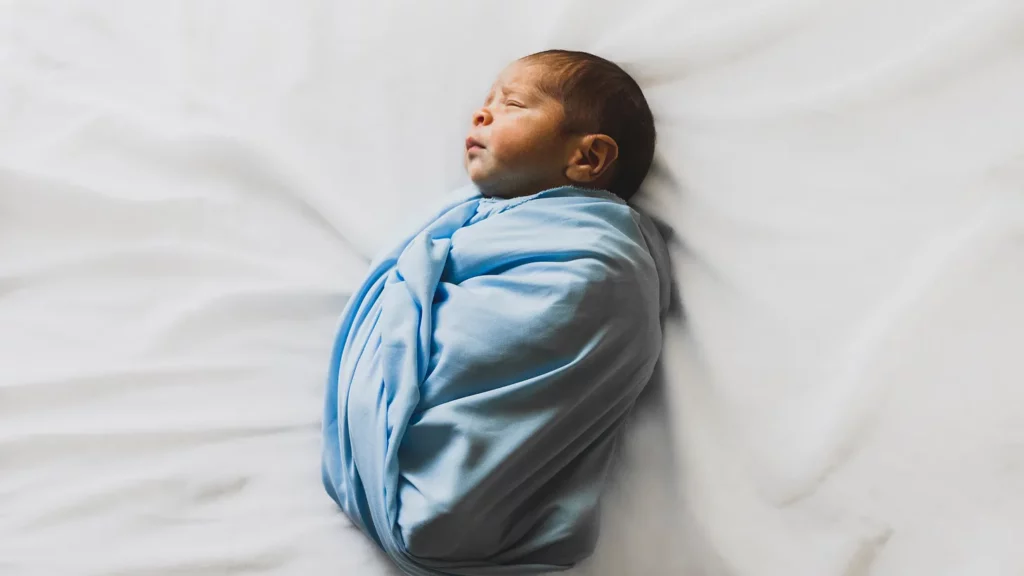I find myself writing to you today from a rather odd place. There is pressure surrounding a particular issue in my personal life, and I can feel my inner world preparing for the earth to crack open. This isn’t unexpected, and the details don’t matter. But it renders a newsletter about happiness as a skill rather paradoxical, or so I first thought.
When I woke up this morning, I wondered what I could say to you when there is a distinct layer of fear and anxiety draped over my own life. I thought about sharing a TED talk, or a poem, or an excerpt from one of the many books I’ve read over the years. I wanted to default to the wisdom of someone else in hopes that they could offer guidance. For both of us.

But as I forced myself into a short meditation this morning, for no reason other than when I want to meditate the least is exactly when I need it most, it occurred to me that although there is a blanket of tension pulled over my heart, underneath it all still beats the pulse of overwhelming gratitude. I get to feel all of this, the good and the bad and the scary and the magnificent.
This has happened, in this capacity, once before. Back in February, I rescued a six-year-old mutt, Bella, from a not-so-great situation in Sacramento. That first bitter cold night, I took her out for a quick walk before bed. She was skiddish and insecure, her little tail like Velcro against her soft belly. Just fifty feet from my front door, a male neighbor came out of his house, clearly drunk and/or high. Bella barked, and the neighbor came toward me. There was another bark, a pull at the leash, then slack. When I looked down, all that was left of Bella was an empty collar. I searched for her until my hands went numb, but she was part of the darkness.
She had only been with me for four hours.
When I got into bed that night, I thought about how my house is surrounded by the Nevada desert. In all likelihood, she was somewhere in those hills. If a coyote didn’t get her, the cold sure would.
The pain and guilt of it all left me in a state of shock, and still, I wrapped the covers around me and thought if something like this had to happen, I’m so grateful I at least have a warm bed to feel it in. Whenever my mind circled back to the thought of my scared little dog, alone in a strange place, I forced myself back to a place of gratitude. A soft bed. A house I love. A mom who drove across town, at midnight, to help me look for Bella.
I awoke at 3am, a faint sound of barking rousing me from sleep. Dumbfounded, I went to the front door. A winter wind pushed the door open and a flash of white and tan scurried past my feet. Somehow, despite being lost for hours in a place she’d never been, Bella found her way back home.
And now here I am again. The waves of life crashing in, steady gratitude providing the foundation underneath.
This, to me, is why we do the work. It’s why we practice happiness as a skill, every day in a million little ways. But the catch-22 is that in the midst of preparation, you can’t know what you’re preparing for. You have to trust that because you’ve put in the emotional work, that because you practice happiness when the seas are calm, you will be able to handle tsunamis. Because the waves of life will always come.
And if you’re lucky, you’ll realize what a gift it is to get to experience it all.
Need a little giggle? Order one of my Fuckit Buckets™.
After 15 years of depression and antidepressants, my mission is to help people find hope in the name of healing. My memoir on the subject, MAY CAUSE SIDE EFFECTS, publishes on September 6, 2022. Pre-order it on Barnes & Nobles, Amazon, or wherever books are sold. For the most up-to-date announcements, subscribe to my newsletter HAPPINESS IS A SKILL.
More articles from the blog
see all articles
October 28, 2022







